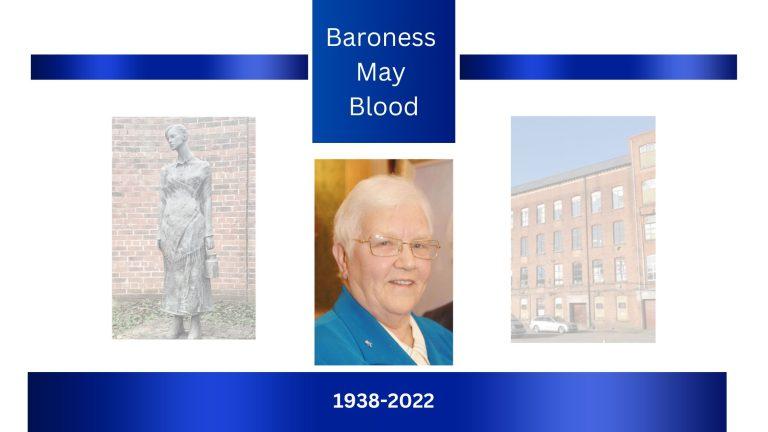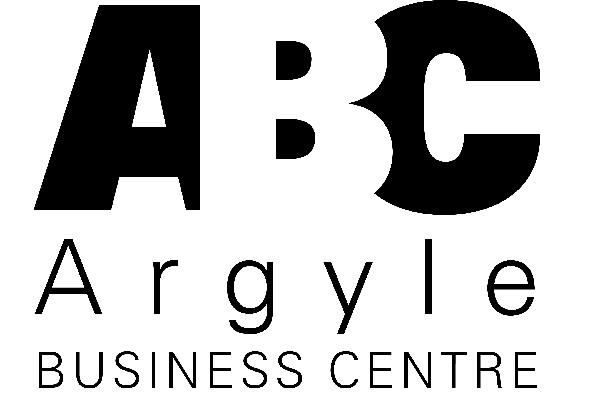

Baroness May Blood of Blackwatertown, was born in 1938 to a two-up, two-down ‘kitchen house’ in Roden Street, West Belfast, May’s father worked in the Belfast shipyard and her mother was a cook in Mackie’s foundry.
May’s upbringing was shaped by the strong sense of community in her area, which was made up of Protestants and Catholics alike. However, this sense of unity was taken away with the outbreak of the Troubles in 1969. The Blood family were targeted themselves for standing up for neighbours and their house was destroyed by fire, forcing them to move to the Springmartin Estate.
At the age of fourteen, May began work in the cutting room of Blackstaff Linen Mill, and it was here that she learnt about the power of trade unionism. The ‘Millies’ were a community within a community. She joined the Transport and General Workers Union (TGWU) and soon became a shop steward, then a senior shop steward and later a convener. During the 1970s, she actively supported the Equal Pay Act and Sex Discrimination (Northern Ireland) Order. May worked in the mill for thirty-eight years, gaining her education in employment law, wage negotiation, health and safety, and fighting for members’ compensation claims.
The Northern Ireland Women’s Coalition (NIWC) was established in 1996 and was led by May Blood and Monica McWilliams. It aimed to give a voice to ordinary women who were largely ignored by mainstream political parties. The Women’s Coalition won two seats in the Northern Ireland Forum election, giving them access to be part of the Northern Ireland peace talks. They were influential in modifying the language of the Good Friday Agreement and won two seats in the inaugural Northern Ireland Assembly in 1998.
In 1999, May became the first woman in Northern Ireland to be given a life peerage and a seat in the House of Lords. She became Baroness Blood of Blackwatertown. As her time serving in the House of Lords, May never missed a session and very much focused on issues around social economy, social security and pensions and also very much on investing in young people and integrated education.
She had been the Campaign Chair for the Integrated Education Fund since 2002, raising £15 million for integrated education in Northern Ireland. In 2013, she was awarded the Grassroots Diplomat Initiative Award for her work in this field. May Blood’s life and legacy is a testament to her commitment to fighting for change and helping her community rise above the challenge of social deprivation and inequality.
May was a founding Director of Argyle Business Centre and remained so up until her passing.
